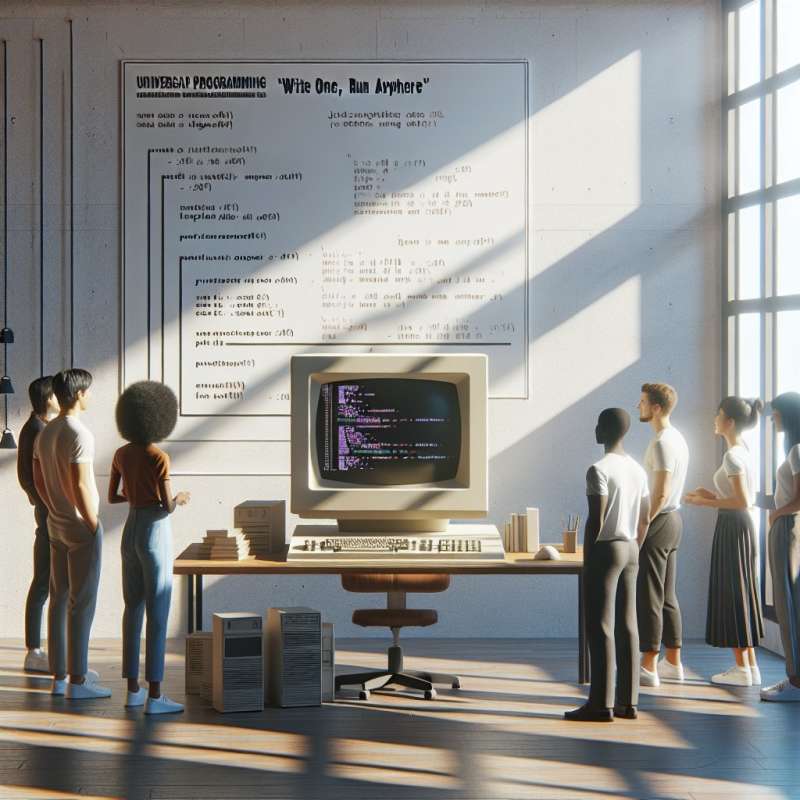
Java Evolution Journey
Java originated in 1995, revolutionizing the programming world. Its object-oriented approach was innovative, leading to widespread adoption. Java's platform independence with the 'Write Once, Run Anywhere' principle is a major milestone in software development.
Java Bytecode Explained
Java's use of bytecode is key to its cross-platform abilities. Unlike machine code, bytecode is executed by the Java Virtual Machine (JVM), ensuring compatibility across different operating systems without modification.
Garbage Collection Insights
Java manages memory automatically through garbage collection. This process identifies and discards objects that are no longer needed, preventing memory leaks and optimizing program performance, a significant departure from manual memory management in languages like C++.
Java ClassLoaders Mechanism
Java ClassLoaders play a critical role in Java's security and flexibility. They dynamically load Java classes at runtime, allowing for modular applications and secure execution by separating namespace and preventing unwanted classes from loading.
Java Memory Model Unraveled
The Java Memory Model defines how threads interact with memory. It ensures visibility of changes across threads, providing a backbone for concurrent programming. This model is fundamental for understanding thread safety and avoiding concurrency issues.
Generics: Beyond Type Safety
Introduced in Java 5, Generics added a layer of type safety by allowing classes and interfaces to be parameters when defining collections, eliminating the need for type casting and reducing runtime errors.
Functional Programming Integration
Java 8 introduced functional programming features, such as lambda expressions and streams. These features facilitate clean, concise code and efficient data processing, representing a significant shift in Java's evolution.
When was Java first introduced?
In 1996
In 1995
In 2000
Company